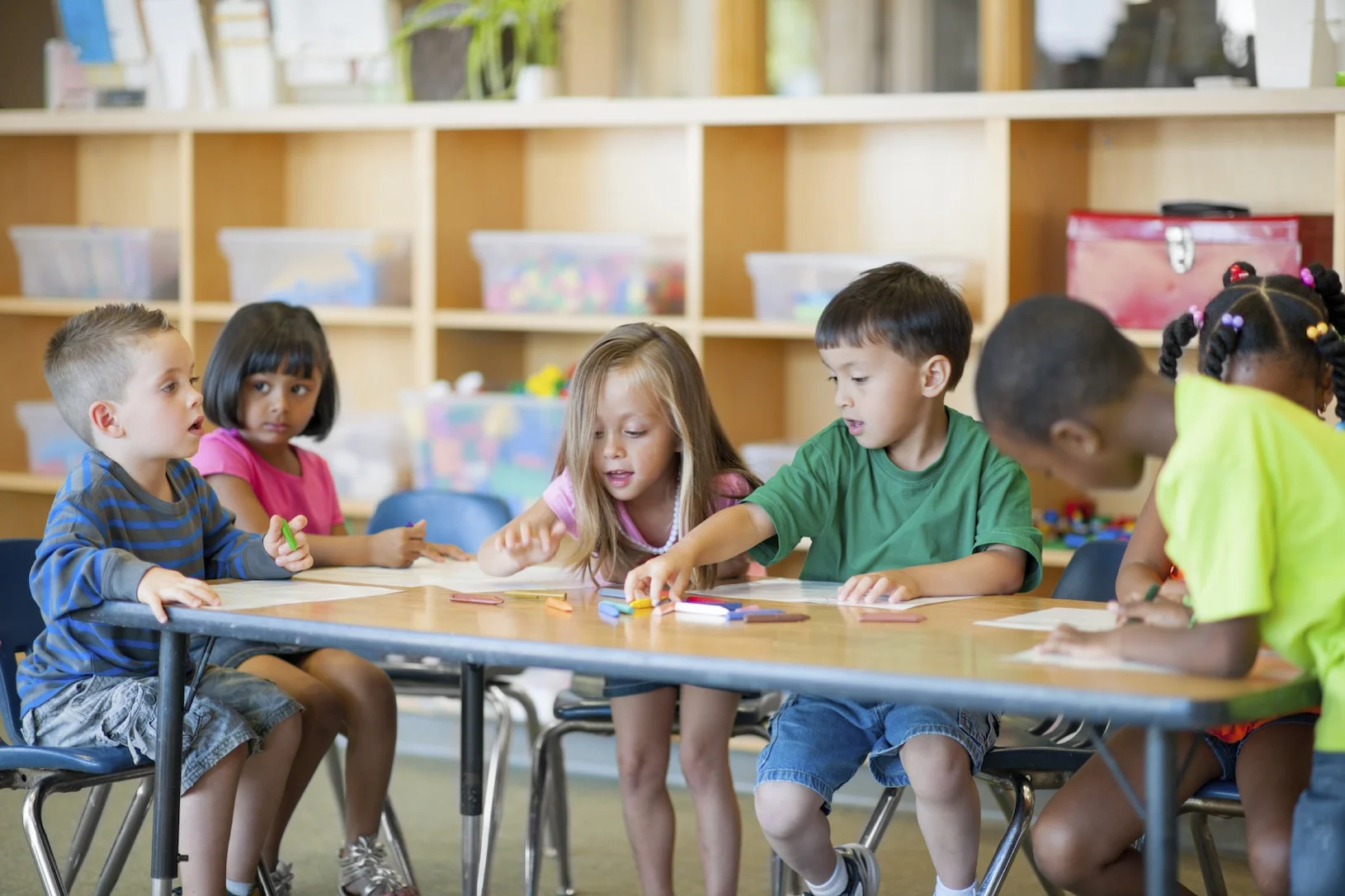During this time, you may notice an increase in tantrums, yelling and fighting between siblings. Changing the way we view behavior is an important step in positive parenting. Children use behavior to communicate when they cannot articulate what they are feeling. As parents, we can often find ourselves using language such as “you’re being good” or “stop being bad”.
Read MoreYou start working with a new therapist and she says that she will be utilizing TBRI with your child. What exactly does she mean? TBRI or Trust Based Relational Intervention was developed by Dr. Karyn Purvis and Dr. David Cross. It is a holistic, evidence based, and developmentally respectful practice that meets the needs of the whole child (Atchley, 2019).
Read MoreThrough the elementary years, children gain insight on how to better control their emotions, behavior, and attention. Children gain the ability to cope with impulses and delayed gratification. Children begun to think about thought processes, emotion, and develop critical thinking skills.
Read MoreI am big on family systems therapy, even when working with individuals. This means that when I work with an individual client I keep in mind the dynamics of the entire family.
Read MoreI work with children and parents who often have trouble “pausing”. As humans, our first instinct is to react when a situation arises. When our child is not listening to us, our first instinct is to respond with a demand. It usually sounds something like, “If you don’t _____, I will____”. These reactions, in part, are due to time restraints, stress, and a lack of understanding of what our child’s behavior may be indicating.
Read MoreListening to the behavior and responding to the emotion the child is trying to communicate is the path to fostering emotion regulation.
Read MoreWhether we are parenting, teaching, or nannying, frustrations get the best of us. We find ourselves frustrated with crying children who do not comply with what we say. Out of frustrations come demands such as:
Read More





